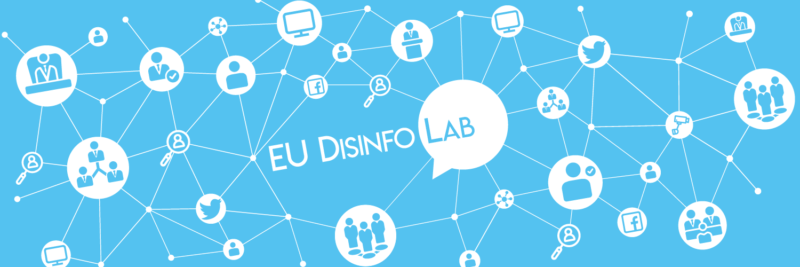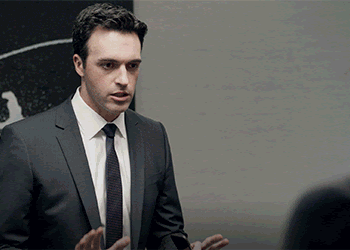Google still has no answers for YouTube’s biggest problem

Now its Sundar Pichai’s turn to be grilled by lawmakers. Last week, Google CEO took the stand before the House Judiciary Committee in Washington, DC. Among the topics discussed, Pichai has been confronted on Youtube’s moderation problem, especially regarding conspiracy videos on the platform. Pichai referred to the company policies against hate speech and that the platform started adding “authoritative” context to its search results for breaking news stories earlier this year. This issue is even more worrying that according to a Pew Research study, social networks, and Youtube in particular, have become the main source of information for younger Americans.
Washington confidential
Facebook and Google auditions have shed light on various channels of disinformation. As the US Senate is investigating possible Russian interference in the 2016 elections, a report conducted by Oxford University’s Computational Propaganda Project and Graphika shows that nearly every social media platform has been used by Russian influence to support Trump’s election.
The Guardians and the war on truth
For the first time, journalists have been chosen by Time magazine as “person of the year”. Jamal Khashoggi, Maria Ressa, Wa Lone and Kyaw Soe Oo, and the newsroom of Capital Gazette have been killed or targeted for their work. The magazine has chosen to present them as “The Guardians” in “The war on Truth”, current period of defiance against the press and manipulation of information. This choice is a strong statement against the spread of misinformation by leaders who have sought to undermine critical independent journalism. Among shortlisted candidates are also Donald Trump and Vladimir Putin.
“It became clear that the manipulation and abuse of truth is the common thread of so many of this year’s major stories, from Russia to Riyadh to Silicon Valley,” Edward Felsenthal, Time’s editor in chief and chief executive, said during the announcement on NBC’s “Today” show.
This is the end
Just when journalists are in the headline for defending the truth, fact-checking journalists decided to break their partnership with Facebook. According to them, the platform has not done enough for their action to be efficient. They are particularly resentful against the company hiring a PR firm to go after its opponents, in a way that fuelled conspiracy theories against George Soros. “Why should we trust Facebook when it’s pushing the same rumors that its own
In the Library
What to read, watch and listen to this week:
- The European Federation of Journalists released a media literacy toolkit for newsrooms
- Power 3.0 new podcast explores how savvy authoritarian governments survive and thrive in a globalized information age, and the ways that democracies are contending with this challenge
- Interesting study from Toulouse University about the Yellow Jackets expression online
- Claire Wardle’s opinion on the next danger for information: the diffusion of false information on private channels
Agenda
- December 18 – DisinfoLab Webinar: How to tackle disinformation with education? With Marije Arentze from Drog project
See all previous and upcoming disinfo events in our agenda
Fear of getting bored during t
- ACM Transactions on Social Computing: Special Issue on Negotiating Truth and Trust in Socio-Technical Systems
- The Media & Democracy program at the Social Science Research Council invites submission of abstracts for a research workshop organized in collaboration with Cristian Vaccari (Loughborough University), to be held in New York City on June 13–14, 2019.
- The Centre for Direct Democracy Studies (CDDS) at the Faculty of Law of the University of Białystok, Poland (UwB) announced a call for papers for the upcoming sixth volume in the European Integration and Democracy Series, devoted to challenges for democracy, the rule of law (Rechtsstaat) and the respect for fundamental rights, posed by contemporary disinformation practices and digital media. Deadline is extended to 31 January 2019. Submit here.
HR corner
Lie Detectors is looking for a Germany Programme Director and Germany Programme Assistant based in Berlin.





